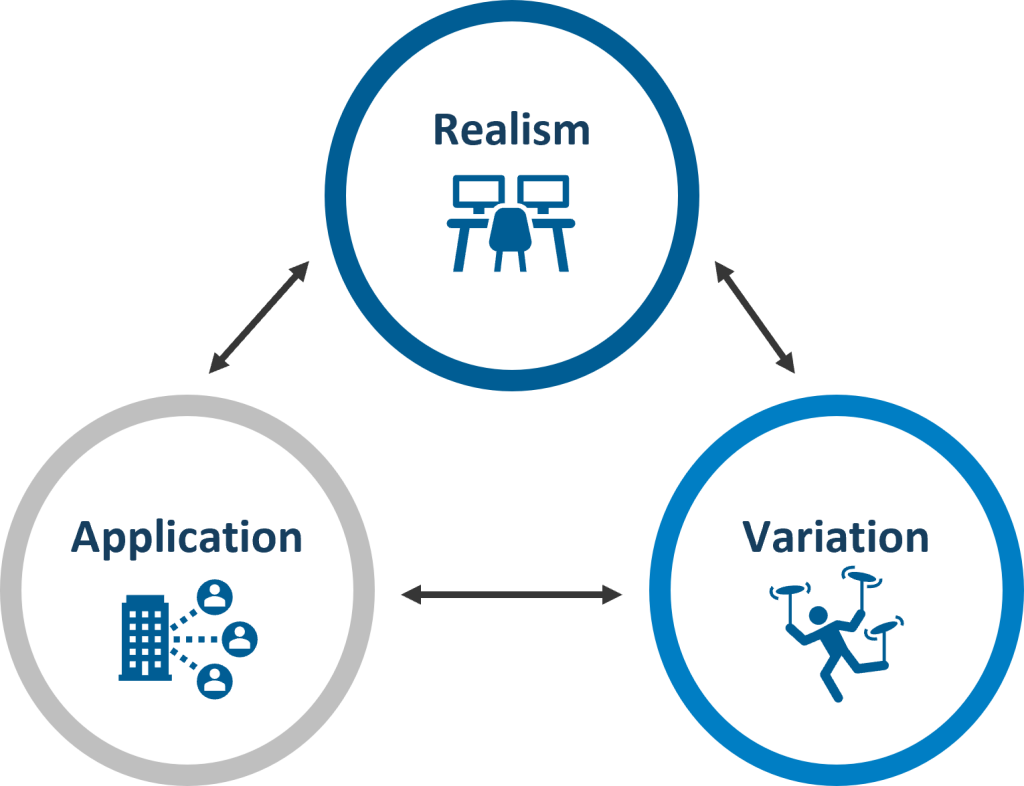Authentic Assessment
In today’s rapidly changing world, we want to design learning experiences that equip our students with the skills they need to function effectively in both their professional and personal lives. Authentic assessment is based on providing students with the opportunity to use their skills and apply their knowledge in a way that is realistic and meaningful.
Authentic Assessments means designing assignments that engage students in challenging scenarios similar to what they would face in their personal and professional lives. These may be in the form of case studies using datasets, role plays, presentations to a community service, learning projects, internships, and other such performance tasks where students are doing tasks.
The focus of authentic assessment is on application and often on “real-world” experience. In authentic assessment, students are asked to do the thing that they are learning. Characteristics of authentic assessment include:
- Realism – the assessment mimics what students are likely to do on the job
- Application – students are asked to apply their skills and knowledge to a specific context
- Variation – a range of skills and knowledge need to be integrated
Authentic assessments should be considered as professional practice opportunities. In other words, through their submissions, they should be able to showcase the complexity and ambiguity of real-life tasks and their ability to understand multiple viewpoints and synthesize relevant information, including their own personal experiences, to create solutions.
When such tasks are designed as part of the course learning activities and are high stakes counting towards students’ overall grades, they encourage more thoughtful work. When students can find meaning in the work they are being asked to do and take responsibility for their learning, they are able to demonstrate more of what they know and can do. Because it is so relevant, authentic assessment is often more interesting, engaging, and motivating for students.
Fully authentic assessment may not be possible in all courses for a variety of reasons. Authentic assessment may be more challenging include situations in which:
- The student could experience harm
- Other individuals could experience harm
- There are significant consequences associated with errors
- Materials are too expensive
However, there are often alternatives that allow students to still be assessed authentically without the risk. A few options that you could consider include:
- Simulations
- Case studies
Move ahead to the next section to learn how to scaffold your assessments so that you can check students’ understanding of the assessment and provide feedback while they can still make improvements.

